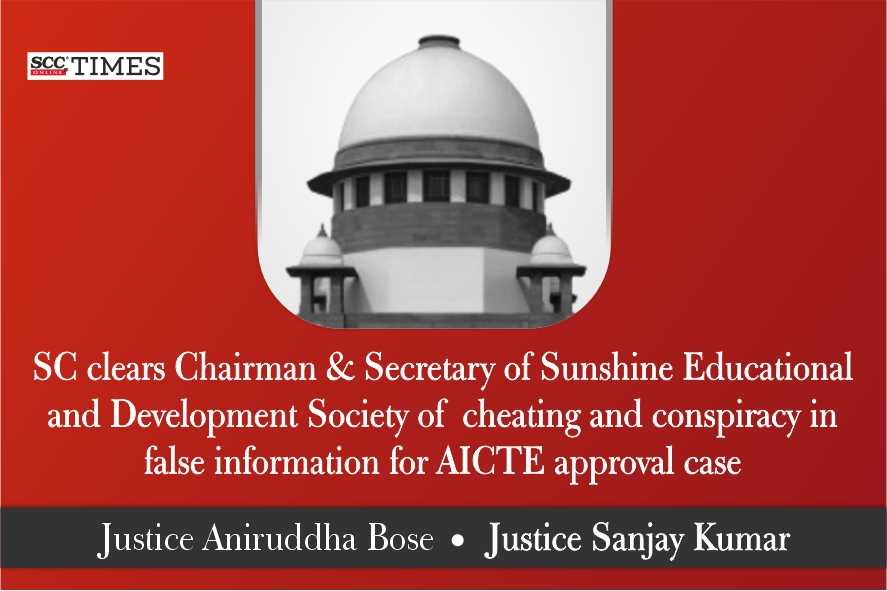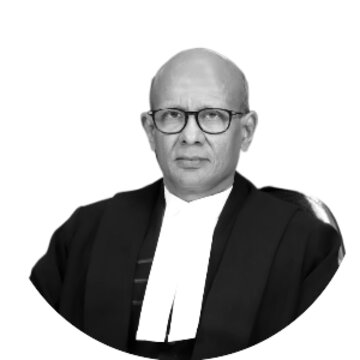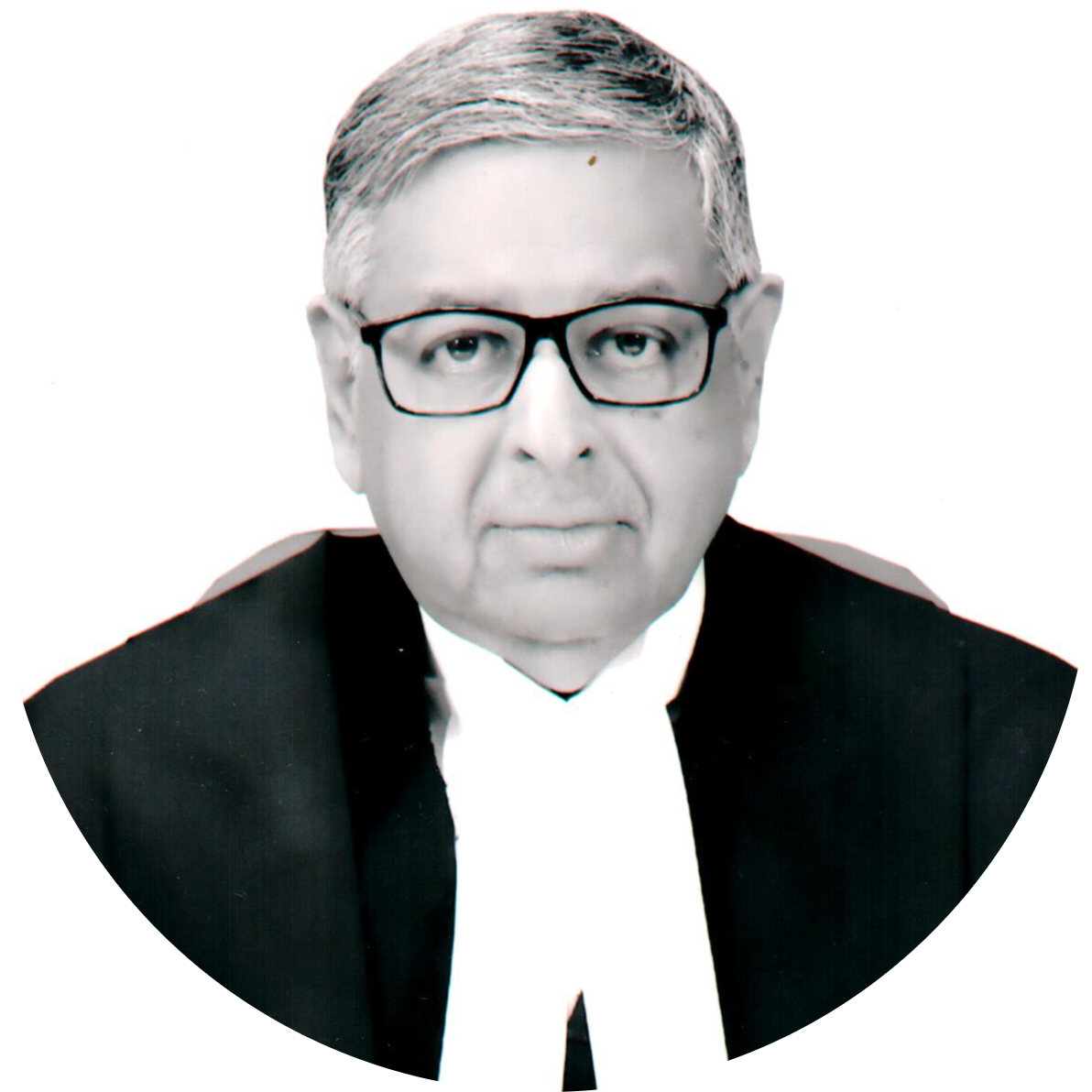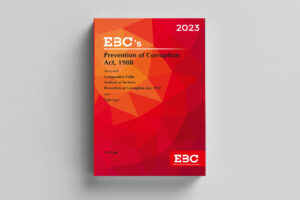Supreme Court: In an appeal against the order passed by Allahabad High Court, wherein the Court allowed the petition under Section 482 Code of Criminal Procedure, 1973 (‘CrPC’) filed by Central Bureau of Investigation (‘CBI’), and opined that the accused persons had deliberately withheld relevant information knowing fully well that if the land was encumbered in any manner, approval for setting up the educational institutions there would be declined, the division bench of Aniruddha Bose and Sanjay Kumar*, JJ. has set aside the impugned order and restored the order of discharge passed by the Judicial Magistrate, CBI Court. Thus, the Court discharged the accused persons of the alleged offence under Sections 420 and 120-B of the Penal Code, 1860 (‘IPC’).
Background:
The accused persons had established Sunshine Educational and Development Society, NOIDA, Uttar Pradesh, and registered it under the Societies Registration Act in the year 2004. The aims and objectives of this Society, inter alia, included propagation of technical education. The accused 1 is the Chairman of the said Society while his wife, accused 2 was its Secretary.
In 2006, the Society acquired a land in Greater NOIDA, Uttar Pradesh, on a 90-year lease from Greater Noida Industrial Development Authority for setting up educational institutions.
The Society filed application dated 22-01-2007 seeking approval of the All-India Council for Technical Education (AICTE) to establish ‘Business School of Delhi’, offering a Post-Graduate Diploma Course in Business Management (PGDM), in an extent of one acre out of the leased land. However, there was an apparent contradiction in the application itself. But approval was accorded by the AICTE to start the ‘Business School of Delhi’. Thereafter, the Society submitted another application to the AICTE seeking to establish ‘Business School for Women’, offering PGDM course. A day later, the Society filed yet another application seeking approval from the AICTE to start a third institute, named ‘International Business School of Delhi’. Both the applications got approval from AICTE.
An anonymous complaint was made to the Chief Vigilance Commissioner alleging that officials of the AICTE had shown undue favour to the Society. The Chief Vigilance Commissioner referred the matter to the CBI for investigation. In the first instance, the Regional Officer of the CBI addressed the police to register a case for investigation, but the Police opined that the complaint did not justify registering of a FIR and/or proceeding with investigation as no cognizable offence was made out.
Later, an FIR was lodged for offences under Sections 420 and 120-B IPC along with Section 13(2) read with Section 13(1)(d) of the Prevention of Corruption Act, 1988. This FIR was registered against the accused persons and unnamed officials of the AICTE, alleging that the accused persons had obtained approval by deceitful means from the AICTE, in violation of Section 4.2(iii) of the AICTE Approval Process 2006.
Aggrieved, the accused approached the Allahabad High Court seeking quashing of the criminal proceedings against them. By order dated 14-02-2013, the High Court accepted their plea and quashed the said proceedings. However, the CBI approached this Court, whereby this Court set aside the order dated 14-02-2013 but made it clear that the Trial Court would be at liberty to go into the merits of the issue raised at the stage of framing of charges. Thereafter, on 02-07-2018, the Trial Court granted bail to the accused persons.
Thereafter, the accused persons moved an application for discharge before the Magistrate, CBI Court, but their plea was rejected. However, later the Magistrate reheard the case and passed the order, discharging the accused persons from the alleged offence under Sections 420 and 120-B IPC. Nearly one and a half years after the passing of this discharge order, the CBI filed a petition under Section 482 CrPC before the Allahabad High Court, which was allowed by the impugned order, leading to the present appeal.
Analysis:
After taking note of Sections 415 and 420 IPC which defines ‘Cheating’ and Sections 120-A and 120-B IPC which concerns with criminal conspiracy, the Court said that the sine qua non to make out an offence under Section 420 IPC is an act on the part of the accused persons to ‘cheat and thereby dishonestly induce the person so deceived, namely the AICTE, to deliver any property’. Therefore, the Court stated that the accused persons, while applying for and on behalf of the Society, should have either suppressed material information or projected incorrect information to induce the AICTE, by such dishonest means, to grant approval for its educational institutions. Further, it said that, as no official of the AICTE has been implicated in the offence, as per the charge sheet, the alleged ‘criminal conspiracy’ under Section 120-B IPC would also be attributable to the accused persons only.
The Court noted that the first application submitted by accused 1 for starting ‘Business School of Delhi’ clearly mentioned the fact that a part of the leased land admeasuring about 5 acres was to be used for setting up this institution and that a term loan of ₹5.75 crore had been raised from the Corporation Bank. The repayable outstanding loan was also shown as above ₹3 crore. Clause 6 of the application dealt with ‘Land’ and it was stated thereunder that the government’s leased land of about 5 acres was intended to be used for establishing the college. Further, AICTE deemed it fit to grant approval to start this institution. This was despite the AICTE’s ‘Approval Process 2006’. However, no official of the AICTE has been implicated in any wrongdoing.
Coming to the Society’s second application for the ‘Business School for Women’, the Court noted that under clause 6(v), the society failed to state that a loan/mortgage had been raised against the title of the land and tick marked ‘No’ instead of ‘Yes’. Similarly, the application for starting the ‘International Business School of Delhi’ also mentioned the same extent of 5 acres of land but again, clause 6(v) contained incorrect information as against the question whether any loan/mortgage had been raised against the title of the land.
The Court further noted that it was not the AICTE that claimed that it was deceived and dishonestly induced to grant approval owing to suppression of material information by the accused persons acting on behalf of the Society. It was an anonymous third party that initiated the investigation.
Further, the Court said that by not implicating any official of the AICTE in the charge sheet and by dropping the provisions of the Prevention of Corruption Act, 1988, the CBI found that the AICTE’s officials were not complicit at all, and they were given a clean chit.
The Court opined that the finding of the High Court as to deliberate withholding of information by the accused persons cannot be accepted on the given facts.
The Court said that there was disclosure of the fact that the subject land was mortgaged to secure the bank loan but despite the same, the AICTE granted approval for the ‘Business School of Delhi’ and it never complained that it was under any misinformation in that regard. Thus, the Bench held that the essential requisite to make out an offence of cheating is lacking. Mere carelessness on the part of the accused persons in filling up the second and third applications and a part of the first application also cannot be taken to be motivated by deliberate deception, on the admitted factual position, to invite criminal charges.
Further, the Court said there is no evidence of the accused persons consciously agreeing or conspiring to deliberately furnish false information to the AICTE to garner its approval for their colleges.
Concerning the objection raised by the accused persons as to the maintainability of the CBI’s petition filed before the High Court under Section 482 CrPC, the Court noted that as per Article 131 in the Schedule to the Limitation Act, 1963, the limitation period for filing a criminal revision under Section 397 CrPC, be it before the High Court or the Sessions Court, is 90 days. However, there is no limitation prescribed for invocation of the inherent powers of the High Court under Section 482 CrPC, and it can be at any time.
After referring to Mohit v. State of U.P., (2013) 7 SCC 789 the Court said that it was not open to the CBI to blithely ignore the statutory remedy available to it under Section 397 CrPC and resort to filing an application under Section 482 CrPC.
Further, the Court said that if a revision was lawfully instituted before the High Court but the same is thereafter found to be not maintainable on some other ground, it would be open to the High Court to treat the same as a petition filed under Section 482 CrPC to do justice in that case. However, the reverse analogy may not apply in all cases, and it would not be open to the High Court to blindly convert or treat a petition filed under Section 482 CrPC as one filed under Section 397 CrPC., without reference to other issues, including limitation. Further, when the specific remedy of revision was available to the CBI, it could not have ignored the same and filed a petition under Section 482 CrPC.
Thus, the Court opined that the Magistrate was fully justified in exercising power under Section 239 CrPC and discharging the accused persons from criminal proceedings. Further, it said the High Court had adopted a technical approach and practically concluded that the accused persons were guilty of deliberately withholding relevant information to secure the approvals by deceitful means. This finding is not supported by the admitted facts, which indicate disclosure of the mortgage at the outset when the first application was made and, therefore, there is no possibility of inferring that the accused persons conspired in terms of Section 120-A IPC to commit an illegal act of suppression to secure the approvals.
CASE DETAILS
|
Citation: Appellants : Respondents : |
Advocates who appeared in this case For Petitioner(s): For Respondent(s): |
CORAM :











